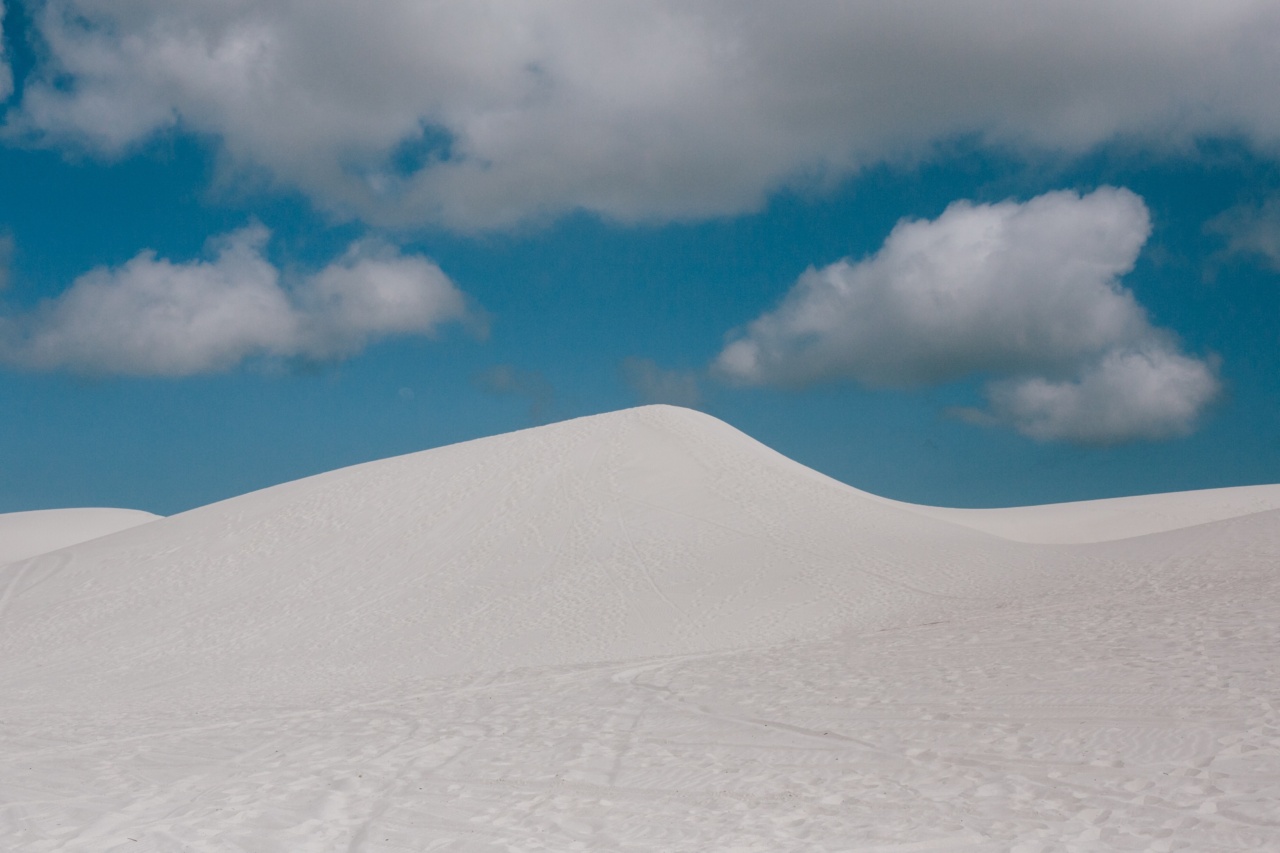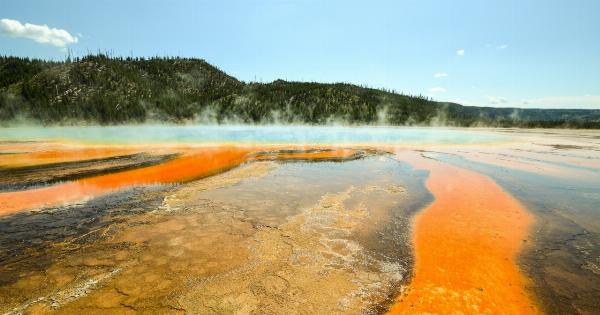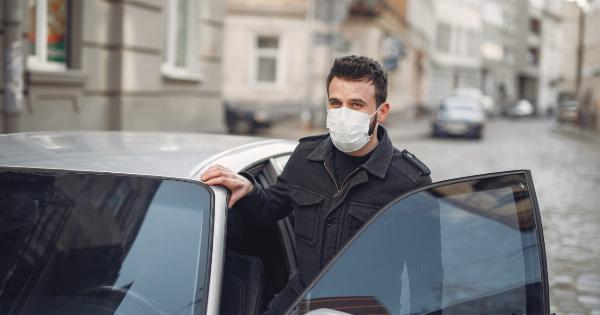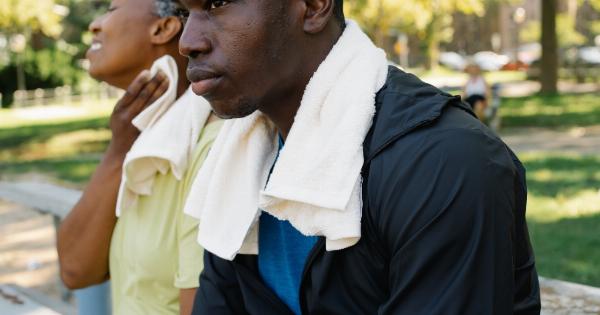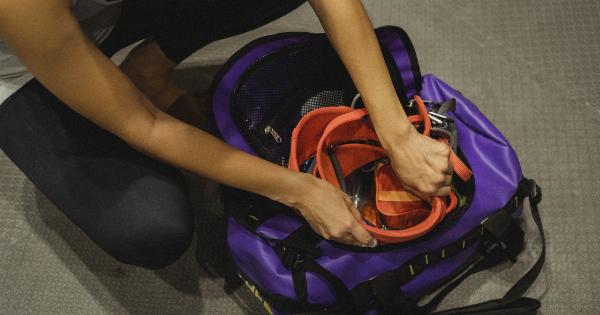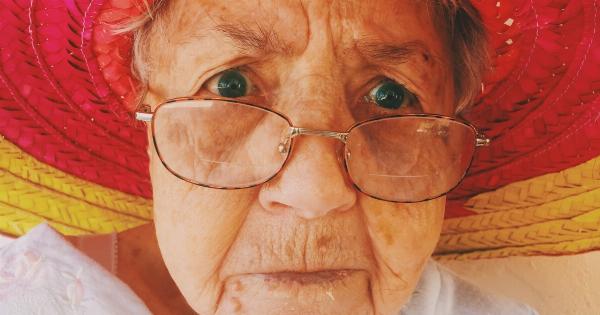Summer season can be brutal, with temperatures that can sometimes make you feel like you’re going to melt. High temperatures and humidity levels can be dangerous for the human body, especially if you’re outdoors for extended periods of time.
Heat exhaustion is a common occurrence during the hot months and can lead to more severe heat-related illnesses if not managed correctly. In this article, we’ll discuss how to recognize heat exhaustion and how you can deal with it.
What is Heat Exhaustion?
Heat exhaustion is a condition that occurs when your body overheats due to prolonged exposure to high temperatures and dehydration.
It often happens when people do strenuous activities such as hiking, playing sports, or working outside for extended periods. The symptoms can range from mild to severe and can result in fainting, unconsciousness or even death in severe cases.
Symptoms of Heat Exhaustion
Heat exhaustion can affect anyone, but people who are most susceptible to it are those who work outside or exercise vigorously in hot and humid weather. Some of the symptoms to look out for are:.
- Heavy sweating
- Feeling lightheaded or dizzy
- Nausea or vomiting
- Headache
- Muscle cramps or weakness
- Fast heartbeat and breathing
- Cool, moist skin
What Should You Do If You Think You Have Heat Exhaustion?
If you think that you or someone you know might be experiencing heat exhaustion, there are a few things that you need to do immediately:.
- Get out of the sun and move to a cooler place with shade or air conditioning. If you’re outdoors, try to find a place with a breeze.
- Drink fluids to rehydrate your body. Water is a good option, or you could try drinking sports drinks that contain electrolytes to replace lost minerals.
- Remove any tight or unnecessary clothing.
- Cool your body down by using a cool damp cloth, taking a cool shower, or going for a swim.
When Should You Seek Medical Help for Heat Exhaustion?
If you’re experiencing severe heat exhaustion symptoms or if your symptoms don’t improve after an hour of self-treatment, it’s essential to seek medical help immediately. Some of the severe symptoms include:.
- Fainting or losing consciousness
- Seizure or convulsion
- Difficulty breathing
- Chest pain or tightness
- High fever (above 104°F)
- Confusion, agitation or hallucinations
Preventing Heat Exhaustion
Heat exhaustion can be prevented by taking some simple precautions during the hot months. Here are some of the things that you can do to stay cool and healthy:.
- Stay hydrated by drinking plenty of fluids throughout the day, even if you’re not thirsty. Avoid alcohol and caffeine, as they can dehydrate your body.
- Wear loose, light-colored and breathable clothing.
- Wear a hat and use sunscreen to protect your skin from the sun’s harmful rays.
- Avoid doing strenuous activities during the hottest hours of the day (between 10 am and 4 pm). Instead, try to do them early in the morning or later in the evening.
- Take frequent breaks in the shade or air conditioning if you’re working outside.
Conclusion
Heat exhaustion can be dangerous, but it’s essential to remember that it’s preventable. By taking some simple precautions, you can stay healthy and cool during the hot months.
Remember to drink plenty of fluids, take breaks in the shade, and avoid strenuous activities during the hottest hours of the day. If you or someone you know is experiencing heat exhaustion, act quickly and take the necessary steps to cool down the body. If the symptoms are severe, seek medical help immediately.
